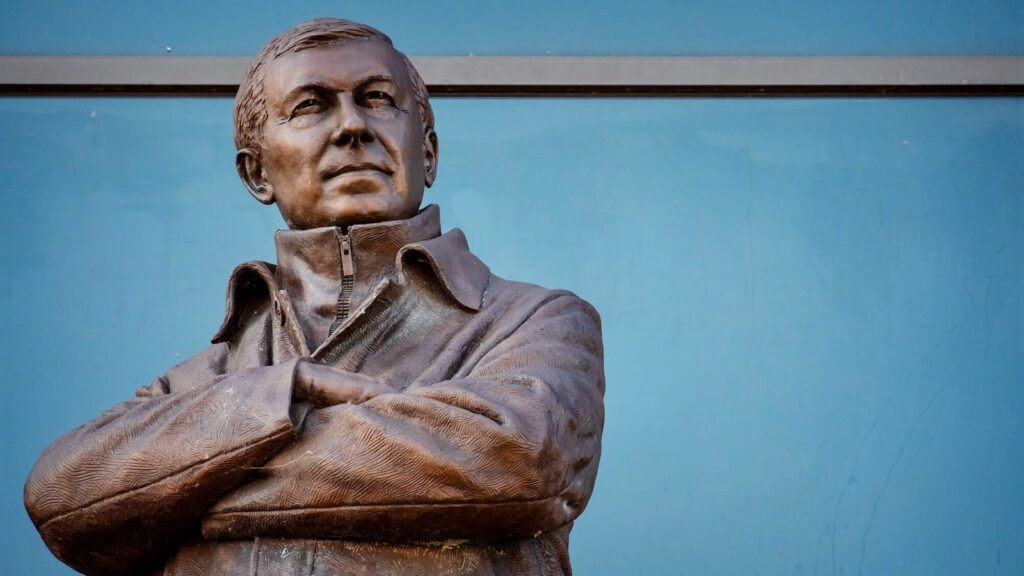A football coach is usually pictured as a person yelling instructions from the sidelines. But that is just a small part of their actual role. A coach theorizes plans and plays out the strategies. They mentor the players, assist them in becoming better in all spheres of football. They are also in charge of organizing the club. Coaches, from grass-root levels up to professional stages, dictate the style of play. From age-level down to professional, they influence how far a player may develop. This article attempts to explain the great number of functions a coach must fill every day.

Training Sessions: Planning and Conducting
The most important responsibility of a coach involves the organization of training sessions. They have varying emphasis on each day like technical skills, tactical awareness, fitness and teamwork.
The coaches divide the sessions into different drills. For example, a typical day in the training grounds could involve a warm-up and stretching. It’s usually followed by the passing drills, ball control or finishing. A wise coach adjusts the training program to match the game schedules, fitness levels of players and goals for the season.
Coaches dedicate countless hours to developing training programs that cater to their team’s needs. They’re always analyzing games, identifying weaknesses and figuring out how to boost performance. At the professional level, this usually involves a whole group of specialists. They also include fitness trainers and performance analysts who work together to draw up these detailed game plans.
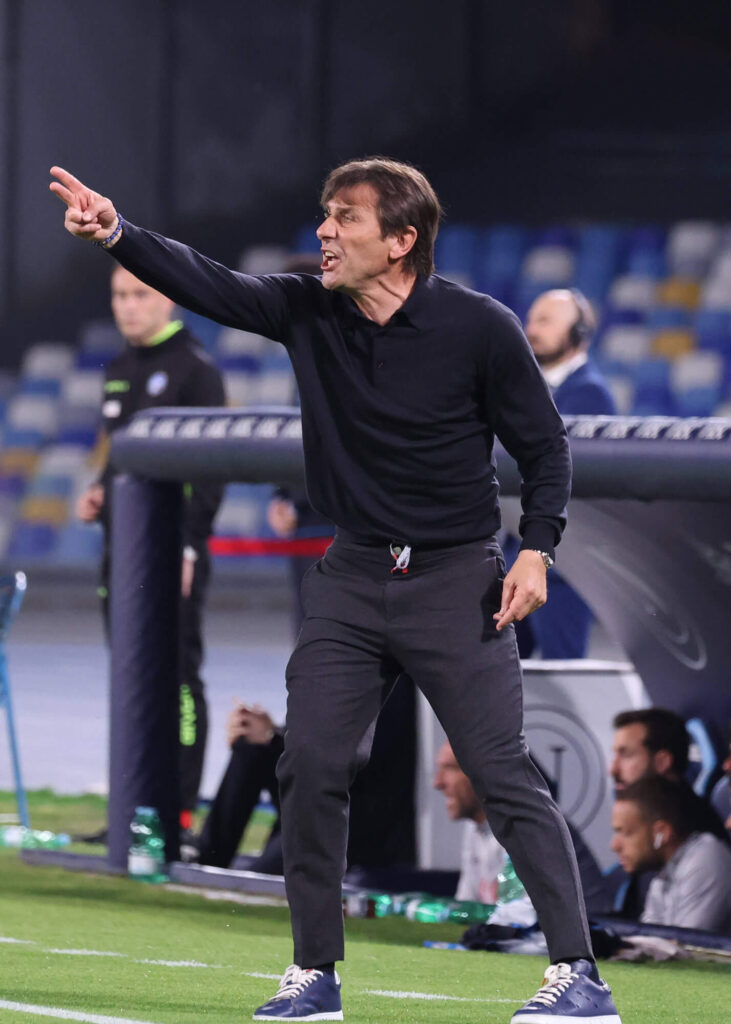
Implementing Tactical Philosophies
Every coach has their unique vision for how the game should unfold. They tend to craft their team’s identity around their tactical philosophy. Some coaches lean towards a possession-based style. Others might prefer quick counter-attacks or a focus on sheer physical strength in tough matches.
To bring these tactics to life, coaches train their players in specific formations. They take up formations like 4-3-3 or 3-5-2 and assign roles that really play to each player’s strengths. What’s fascinating is how adaptable coaches need to be during a game. Sometimes they completely switch strategies on the fly, depending on how the match is developing. The tactical side of coaching is pretty intense these days. With the help of video analysis and scouting, coaches can dive deep into their opponents’ strategies.
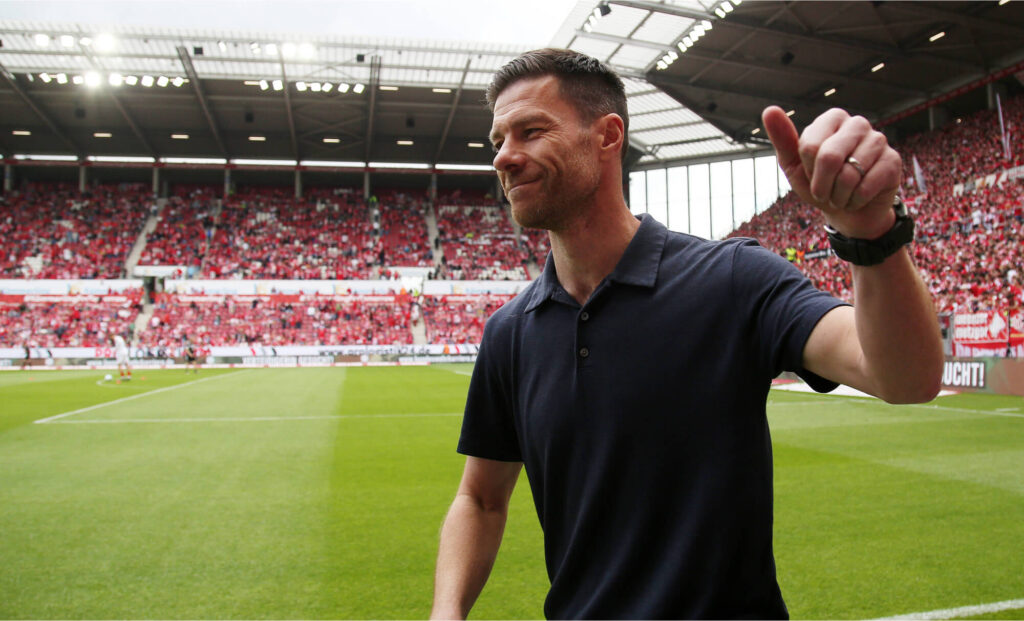
Managing Personalities and Building Team Spirit
A football team isn’t just a collection of skilled players. It’s a diverse group of individuals, all with different emotions and backgrounds. This is where a coach’s leadership truly shines. It’s crucial for coaches to make every player feel valued. Whether they’re a starter, a sub or recovering from an injury.
Clear communication is key and coaches need to ensure players know their roles. They provide constructive feedback to foster improvement and discipline. They also have a finger on the pulse of the team’s morale. This helps them resolve any conflicts and maintain a respectful atmosphere.
In professional football where egos are often large, managing these personalities can be a real task. Youth coaches are tasked with developing young minds who are eager for encouragement and motivation. Regardless of the level, building trust among team members is part and parcel of a coach’s job.
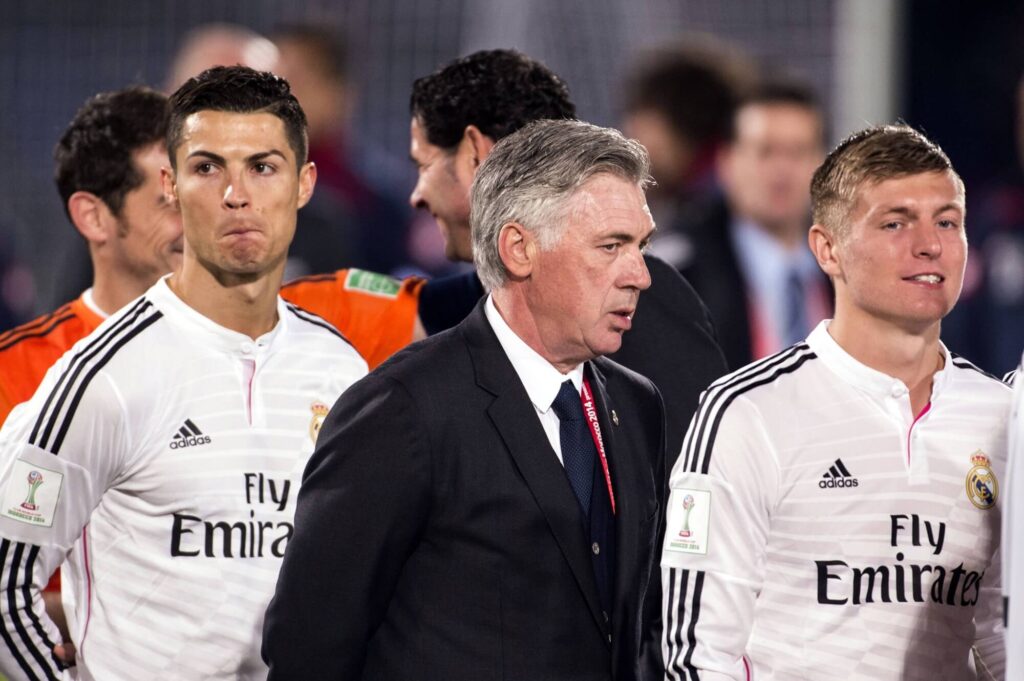
Selection, Game Preparation and Scouting
Coaching responsibilities stretch far beyond just training sessions. Coaches need to keep a close watch on their players during practices and games. This helps them to determine starting lineups and substitutions. It’s not uncommon to face high-pressure tactical decisions in the heat of the moment. But coaches stand to be responsible for the outcomes, win or lose.
Preparation for each match involves many behind-the-scenes activities. It might include one-on-ones, team meetings and video sessions. It also includes rehearsals for set pieces and various game scenarios. Maintaining open communication with medical teams to ensure player fitness is equally critical.
Scouting is another responsibility, especially at lower levels. These coaches are actively on the lookout for emerging talent. In youth setups, coaches often collaborate closely with local academies and schools. Professional teams rely on dedicated scouting departments. They provide the management with comprehensive reports on potential recruits.
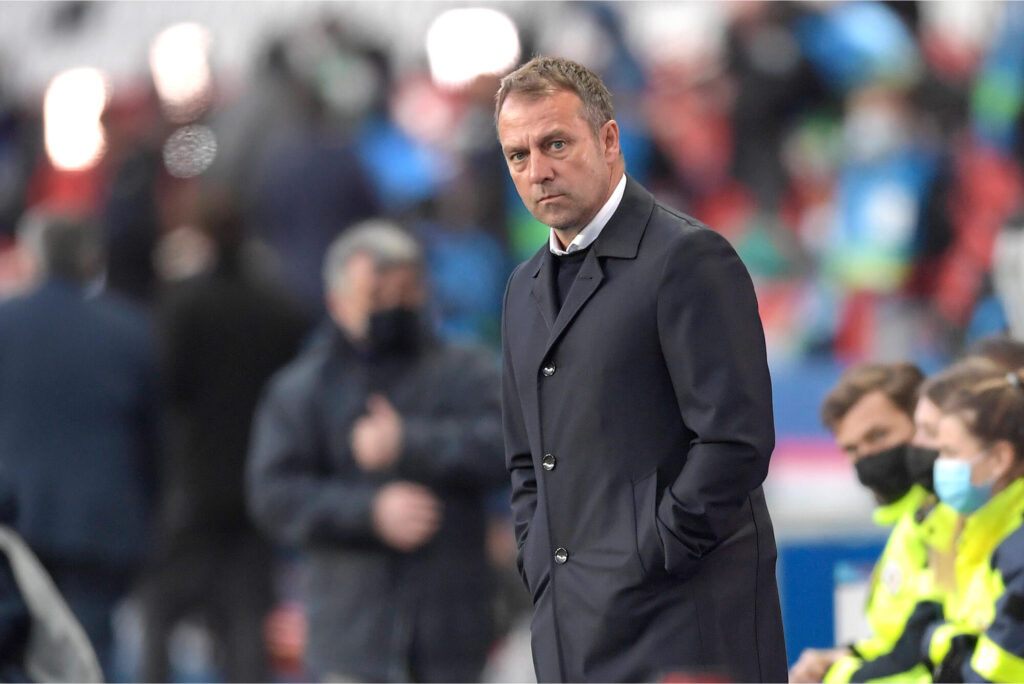
Differences Across Levels: Youth, Amateur, and Professional
Youth Level
They are educators first, and then coaches. They are more interested in teaching the game — ball control, team play, discipline and love for the game. Winning is secondary; development comes first.
Coaches emphasize providing a safe and enjoyable experience. They need to be patient and flexible, as children grow at their own pace. Sportsmanship and confidence are more important than outcomes. Coaches also maintain consistent contact with guardians and parents to enhance the overall growth.
Amateur Level
At amateur levels, training is a mix of development and competition. Amateur trainers are all part-time or volunteer workers with other engagements to attend to outside football. Their service entails motivating players, using available resources, and maintaining enthusiasm levels.
Strategically, young coaches attempt to impose structure and enhance decision-making. They typically experience issues such as turn-out, poor facilities and players of mixed standards of ability. The emphasis is on enabling players to have fun playing the game, to develop gradually.
Professional Level
Professionally, coaching is a full-time, high-pressure job. Coaches are graded on results, and job security can depend upon victories and defeats. They deal with larger squads, get in touch with other departments like medical, analytics, scouting, media. They also have to handle the game’s commerce.
Professional coaches are managers and tacticians. They work with world-class players, handle the media, and handle the pressures of clubs. They have to survive under the spotlight of severe public scrutiny as well. Football knowledge is not the sole prerequisite of the job. It requires leadership, toughness and excellent interpersonal skills.
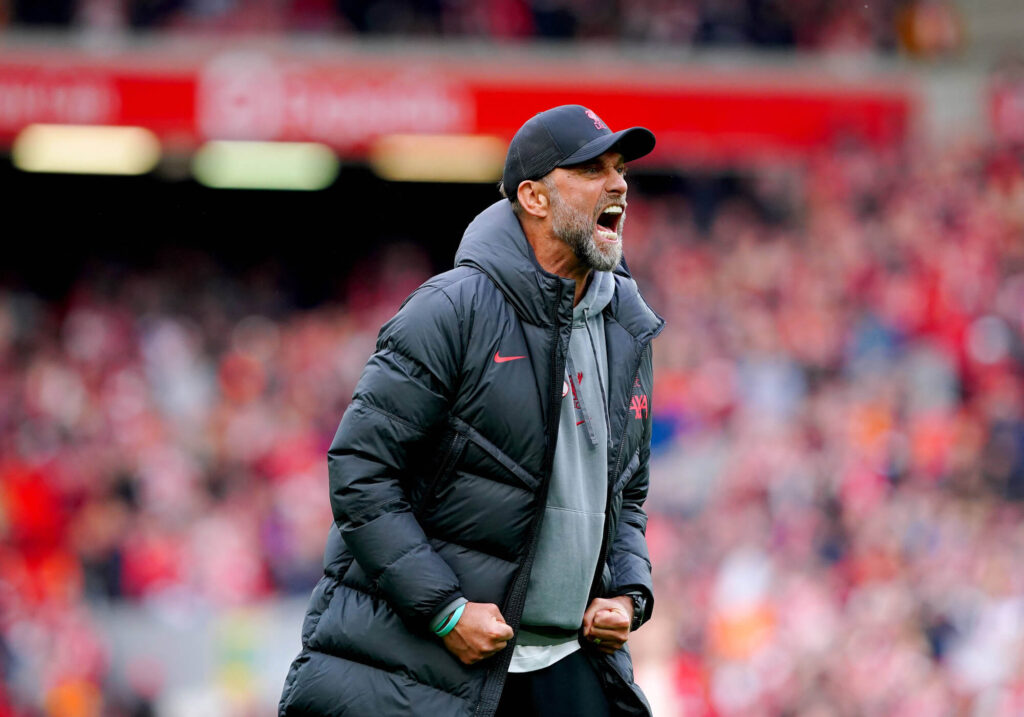
Adapting to Change
Maybe the most exciting aspect of coaching is how fast the game evolves. Coaches are always working on new ways of doing things, and also in the area of sports science. They regularly go for coaching courses so that they can renew their licenses. They also embrace technological innovation that enhances training and playing performance.
Coaches are also role models to players, especially to young players. Their values, attitude, and work ethic can influence the behavior of a player on and off the field. Coaches educate their players on how to develop character, teamwork, and perseverance.
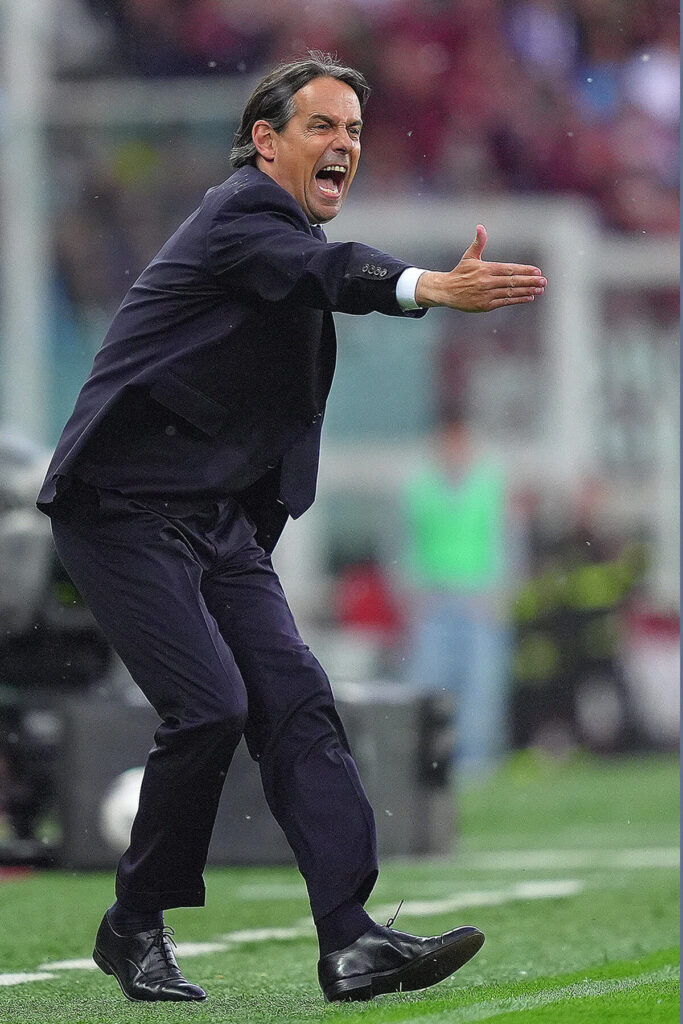
A Leader On and Off the Field
The life of a football coach is challenging, diverse, and highly influential. From inventing training drills to managing players, coaching is a science and an art. Coaches mold their teams, build individual talents and inspire the future players. These are lessons with long-term implications, far outside the world of sport.
